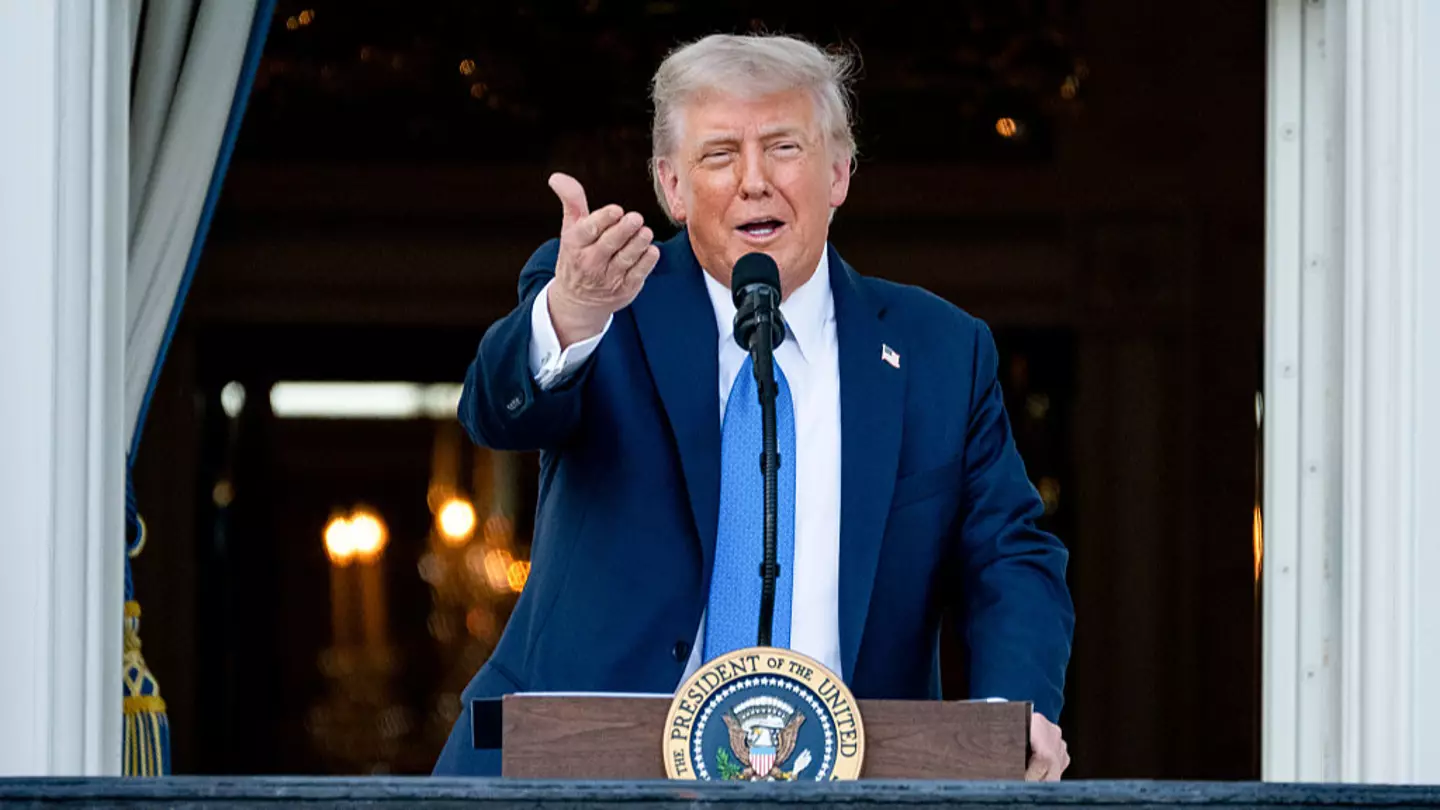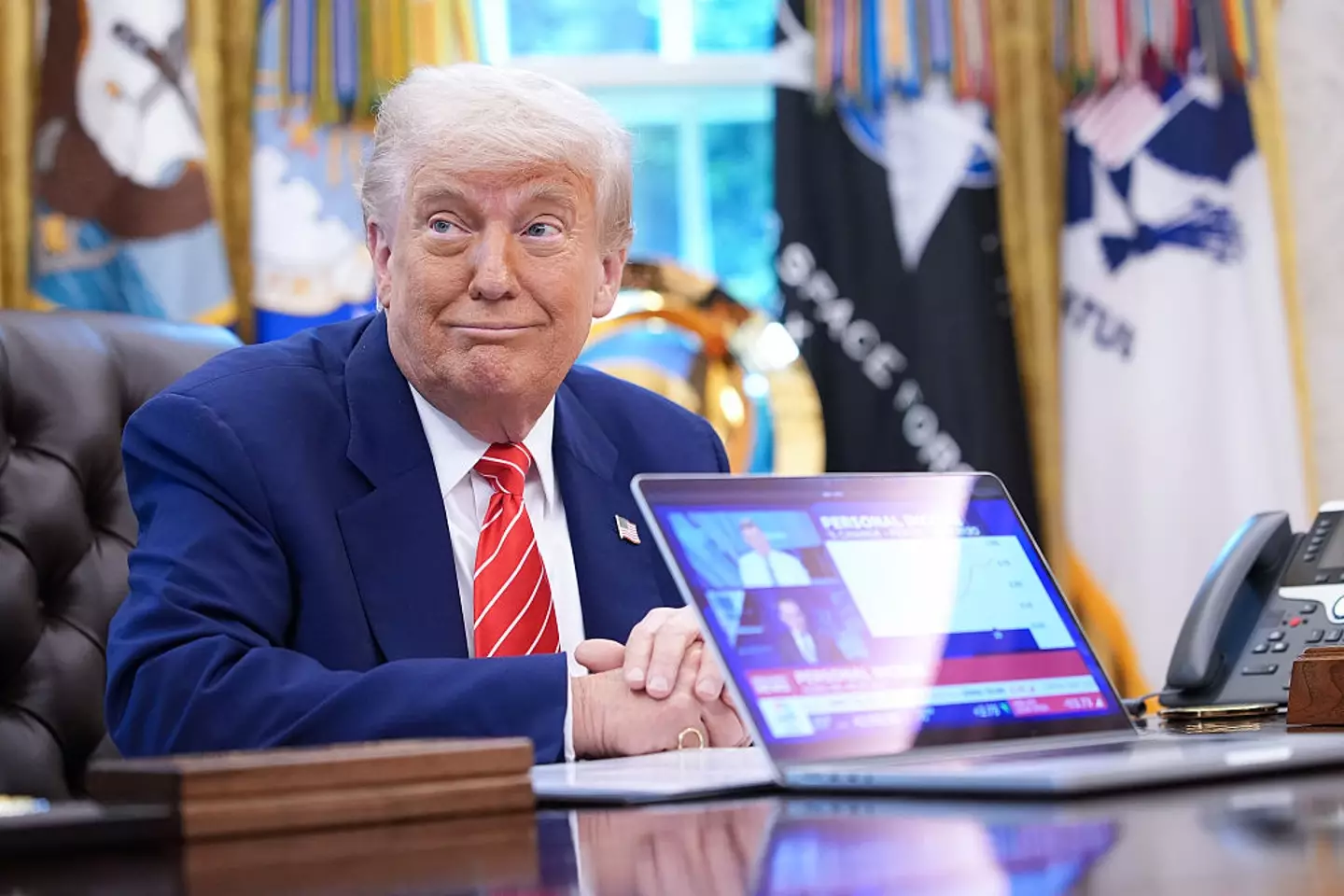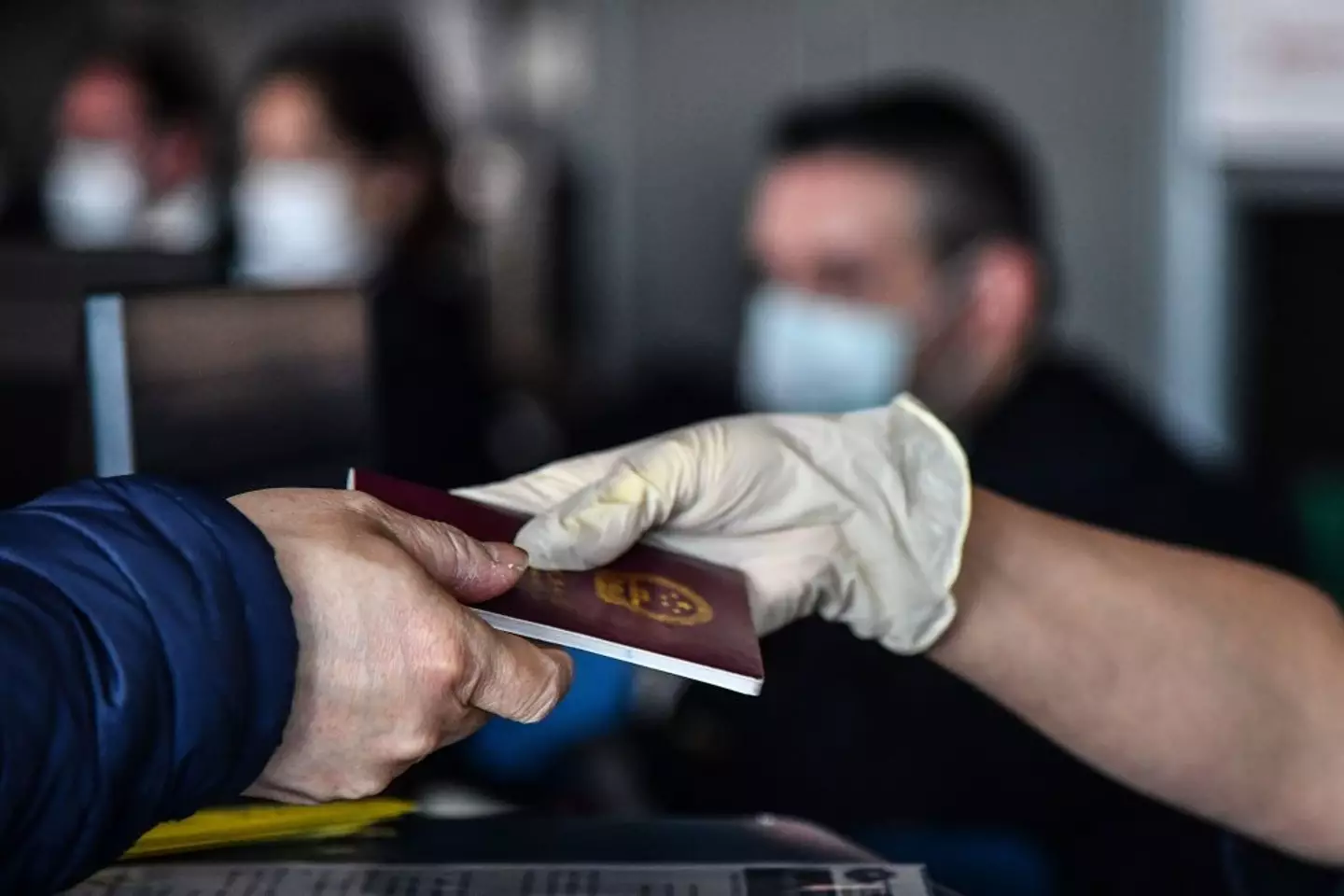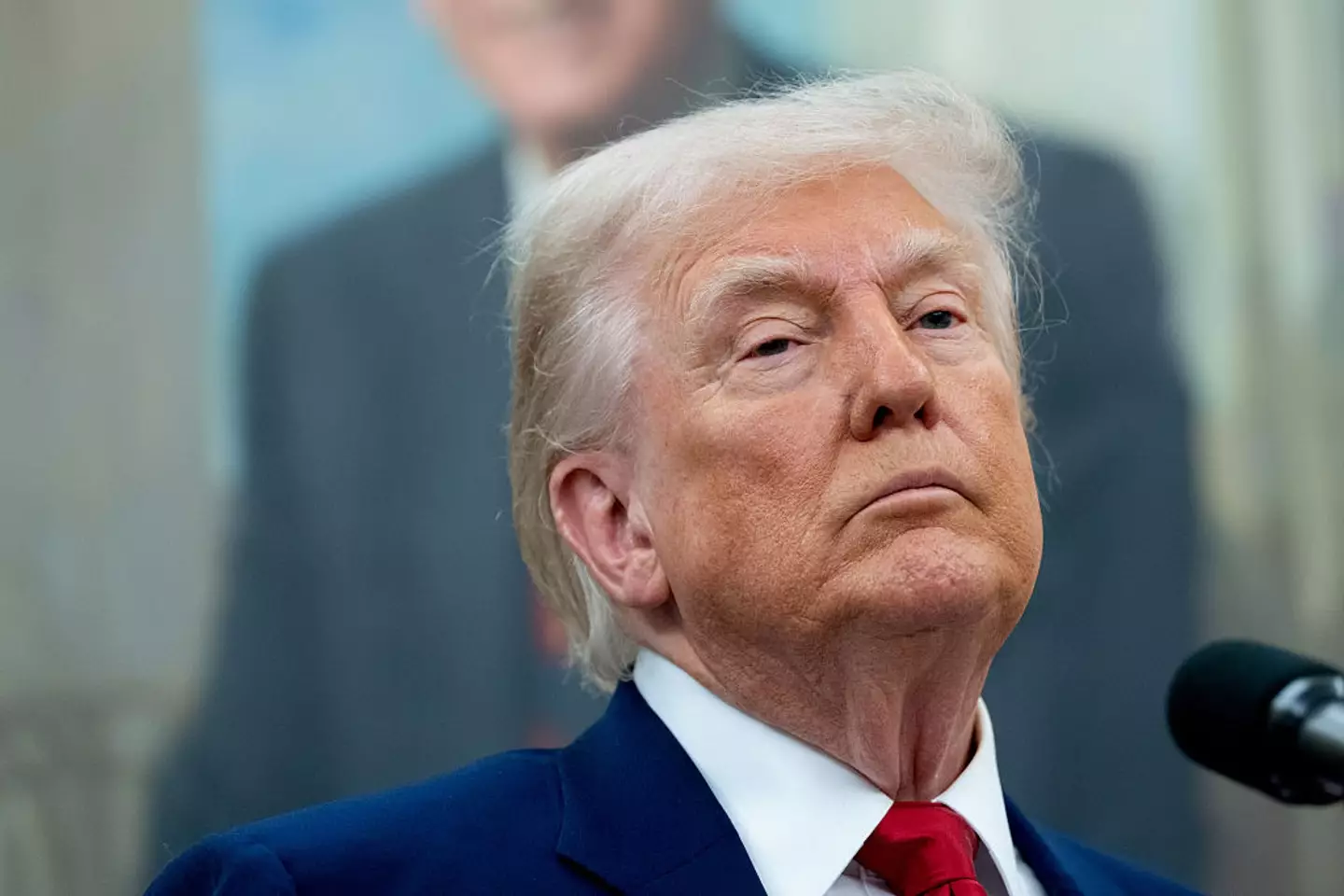
Donald Trump has announced a ban on citizens from 12 different countries travelling to the US in a bid to 'prevent national security threats'.
The ban takes effect as of Monday (9 June), and seven other countries also face restrictions in addition to the 12 that have already been prohibited.
It's a similar move to one the President made during his first term in the White House, but one that Joe Biden reversed when he was elected, having branded it 'a stain on our national conscience' (via Metro).
Upon announcing the new ban, Trump said: "We don't want 'em. Very simply, we cannot have open migration from any country where we cannot safely and reliably vet and screen."
Advert
In a video shared on Truth Social, the President said that the recent alleged attack in Boulder, Colorado, where a man injured 12 people who were reportedly gathering in support of Israeli hostages, according to the BBC.

The suspect is an Egyptian national, however, the BBC further reports that Egypt is not included on the list of banned countries.
Trump also revealed that the list could be amended, meaning that countries could be added or removed, however the administration sees fit.
Referencing his first travel ban in 2017, he added: "During my first administration, I restricted the entry of foreign nationals into the United States, which successfully prevented national security threats from reaching our borders and which the Supreme Court upheld.
"It is the policy of the United States to protect its citizens from aliens who intend to commit terrorist attacks, threaten our national security, espouse hateful ideology, or otherwise exploit the immigration laws for malevolent purposes."
He also noted that 'during the visa-issuance process', it must be made very clear that people do not intend to 'harm Americans or our national interests'.
Which 12 countries are in the list for Trump's travel ban?
The 12 countries which have been issued full travel bans are:
- Afghanistan
- Burma
- Chad
- The Republic of the Congo
- Equatorial Guinea
- Eritrea
- Haiti
- Iran
- Libya
- Somalia
- Sudan
- Yemen
Are there any exemptions to the travel ban?

There are exemptions to those who fall under certain categories, which includes:
- Holders of 'immigrant visas for ethnic and religious minorities facing persecution in Iran'
- Afghan nationals holding Special Immigrant Visas
- Any 'lawful permanent resident' of the US
- Dual nationals who have citizenship in countries not included in the travel ban
- Foreign nationals travelling with particular non-immigrant visas
- Athletes, their team and immediate families travelling for any major sporting event
According to the BBC, a 'case-by-case' basis may also grant exemptions on the basis that the person 'would serve a United States national interest', according to the the Secretary of State.
What other countries have been restricted?
The seven countries which now have heightened restrictions on visitors are:
- Burundi
- Cuba
- Laos
- Sierra Leone
- Togo
- Turkmenistan
- Venezuela
The partial restrictions mean that citizens from these countries, will not be able to travel to the US with certain visas.
Why has Trump implemented the ban?

As well as the alleged attack in Colorado, the focus has largely been on national security.
In the executive order, Trump also claimed that these countries had 'taken advantage of the United States in their exploitation of our visa system and their historic failure to accept back their removable nationals'.
Trump also hopes the ban will limit threats to national security, 'espouse hateful ideology', and prevent people from 'exploiting immigration laws'.
What has been the reaction to Trump's latest travel ban?
So far, the response hasn't been positive, with human rights groups, such as Amnesty International USA branding it 'discriminatory, racist, and downright cruel'.
Meanwhile, Human Rights' First Senior Director of Refugee Advocacy Robyn Barnard said: "The ban will harm refugees, asylum seekers, and other vulnerable populations, including many who have been waiting to reunite with loved ones in our country.
"Bans do nothing to make our country secure, but rather undermine our national security and arbitrarily target those most in need of protection."
Topics: Donald Trump, Politics, Travel
